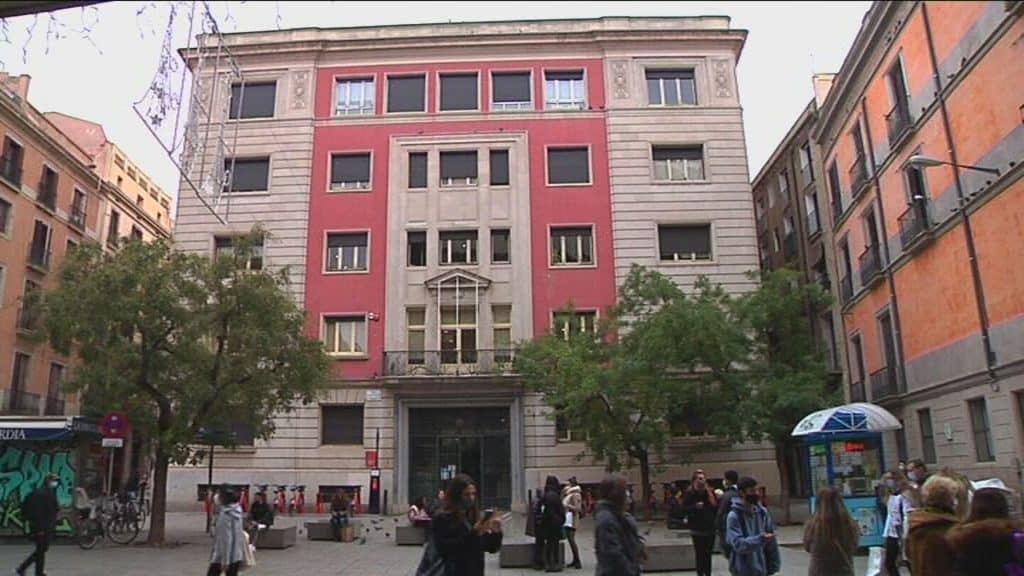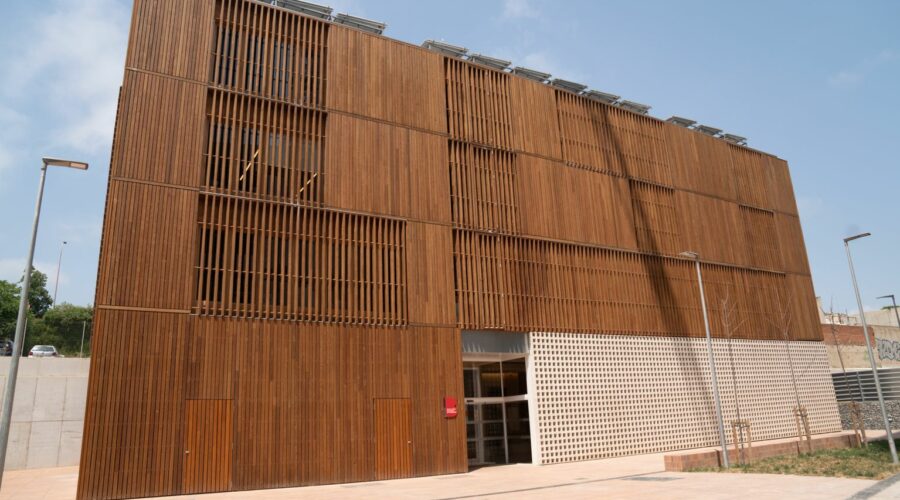Barcelona is moving towards an essential improvement in its primary care system, with the Gothic Quarter taking center stage. The initial approval of the Special Urban Development Plan (PEU) for the transformation of a building located at Plaça Carles Pi i Sunyer 8-10 marks the first step for this space to house the future Gòtic Primary Care Center (CAP).
 An important step for health in the Gothic Quarter
An important step for health in the Gothic Quarter
The news has been welcomed by residents of the Gothic Quarter, who have long been asking for improved access to health services. The building that currently houses municipal offices will be adapted to become a modern and accessible health center, meeting the demands of the community.
The Linguistic Challenge in the Catalan Health Care System: The Promotion of Catalan
This new CAP will be larger and will be prepared to serve a greater number of patients, which will reduce the number of trips to other areas in search of basic health care. According to Albert Batlle, deputy mayor and Ciutat Vella district councilor, “with this step we are moving forward so that the residents of the Gothic Quarter can improve their access to the most basic health care”. Batlle also stressed that this project is part of a larger effort to prioritize primary care throughout the Ciutat Vella area.
A transformation with an eye to the future
The project not only seeks to improve access to healthcare, but also aims to transform the building in a comprehensive manner. The renovations will include improvements in accessibility and sustainability, following energy efficiency criteria, which is key to the city’s new urban planning policies. In addition, ownership of the building will remain public, ensuring that the CAP will be under municipal control. Not only will it become a health care space, but it is also contemplated the possibility of adding other complementary uses such as teaching, care and socio-cultural.
It is a commitment to a multifunctional space at the service of the community.
A coordinated effort to improve healthcare
This new CAP is not an isolated project, but part of a broader plan of the city of Barcelona to improve primary care in various neighborhoods. Batlle also recalled that work is underway on a new primary care center in Barceloneta, in a building that was recently acquired by the City Council. In addition, the CAP of Raval Nord is also in the process of being relocated to the Capella de la Misericòrdia, which is scheduled to open in 2026. This drive to improve primary care centers not only seeks to solve current saturation problems, but also to prepare the city for future needs. Barcelona is committed to improving access to public healthcare, an unavoidable priority during this mandate, as Batlle stated.
Long-term commitment
The initial approval of this PEU in the Gothic Quarter is not an isolated event. During the last joint commission between the Barcelona City Council and the Generalitat de Catalunya, held in October 2023, it was agreed to prioritize several actions on primary and community health care facilities in the city. In total, 11 facilities are being accelerated, in different stages of preparation or execution. In addition, work is underway on the feasibility of five additional centers, which are still in the study phase, including the future location or expansion of the CAP Gòtic. The city is determined to make further progress in improving its healthcare infrastructure, and this new CAP will be a key example of that progress.
A closer healthcare future
For the residents of the Gothic Quarter, this announcement represents the hope of having a health care center just around the corner, without having to travel out of their area for basic care. This initiative also relieves the burden on other centers in the surrounding area, decongesting the local healthcare system. The city of Barcelona is transforming itself to ensure that each neighborhood has the necessary infrastructure to respond to growing health demands. The CAP Gòtic is a crucial step on that path, and its creation will not only strengthen primary care, but will be a model for future projects throughout the city. This first step towards the creation of the new CAP Gòtic is a clear example of the City Council’s commitment to improving the quality of life of its citizens, prioritizing access to essential services such as medical care.



